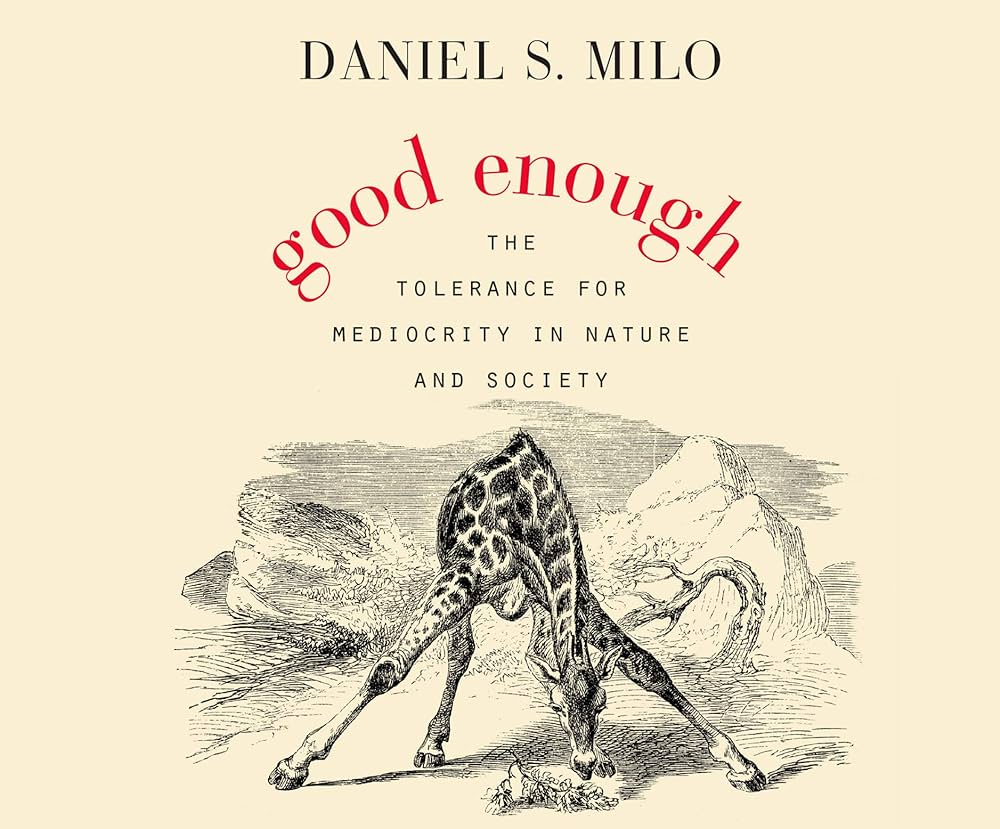
|
Daniel S. MiloGood Enough - The Tolerance for Mediocrity in Nature and Societyp. 17 |
Darwin would not be published in Nature today
“Scientists apply themselves to what they believe to be the most important of the problems that seem tractable,” the Nobel Prize-winning biologist Francois Jacob wrote; “those that rightly or wrongly they think they will be able to solve.” Peter Medawar, another biology Nobelist, calls science “the art of the soluble.”
From the pre-Socratics to Bacon to Darwin, natural philosophers have not been so constrained. Philosophy begins in wonder, Socrates and Aristotle said, and whatever fills us with wonder deserves to be explored. Or, to use Martin Heidegger’s terminology, philosophers need not be limited to questions that are answerable (fraglich) via a consensual protocol of proof and refutation. They can work on questions worth asking (fragwürdig) even in the absence of such a protocol.
It is regrettable that only answers to fraglich questions get published in scientific journals, because the fragwürdig questions are the sort that set and reset paradigms. Democritus had no way to prove the atomic theory, and Darwin had no way to prove the common ancestry of all organisms. Democritus inferred his theory from the differential solidity of substances: since iron is more solid than water, the two must comprise different components. Darwin relied on analogy, a fortiori arguments, deduction, common sense, and personal experience. Particularly imprtant to him was a maxim learned from his mentor, the geologist Charles Lyell: The present holds the key to the past; the same process now governing nature have always done so. Democritus’s inference could never grace an issue of Science. Nature, founded in 1869 by Darwin’s inner circle to promote the master’s ideas, would not publish his papers because they were based on random observations, secondhand information, and primitive experiments.